Car accidents are a daily occurrence across Las Vegas — from the Strip’s dense tourist traffic to busy local roads such as Sahara Avenue, Flamingo Road, Tropicana Avenue and Charleston Boulevard. Clark County routinely reports thousands of crashes each year, many involving injuries that don’t always appear immediately.
For residents, visitors and commuters, knowing what to do in the minutes, hours and days after a car accident is critical. The steps you take can influence your safety, the accuracy of the police report, the handling of insurance claims and any future legal options.
This extended guide explains exactly what to do after a crash in Las Vegas, what to document, how to protect your health, how to communicate with insurance companies and when many people choose to speak with personal injury lawyers in Las Vegas for help.
1. Check for injuries and call 911
Your safety — and the safety of others — comes first.
- Check yourself for bleeding, pain, dizziness or difficulty moving.
- Check passengers and occupants of other vehicles if you can do so safely.
- Call 911 immediately if anyone is injured, a vehicle is disabled in traffic, or the crash involves a pedestrian, cyclist or motorcycle.
When speaking to the dispatcher:
Help other readers find trusted local news
A short review helps Las Vegas readers discover fact-based reporting and supports independent local journalism.
- Provide the exact location, such as “I’m eastbound on Sahara at Maryland Parkway.”
- Describe the number of vehicles involved.
- Mention whether anyone appears injured.
- Follow all instructions until first responders arrive.
The Las Vegas Metropolitan Police Department, Clark County Fire Department and AMR often respond jointly to crashes. Stay calm, listen closely and do not leave the scene unless you are in immediate danger.
2. Move to a safe area, if possible
If the vehicles are drivable and it is safe, Nevada law encourages drivers to move out of active lanes.
- Move to a shoulder, parking lot or side street.
- Turn on hazard lights.
- Set out flares or reflectors if available.
- Avoid standing near traffic.
If your vehicle cannot be moved safely, remain inside with your seat belt fastened unless there is a risk of fire or further impact.
3. Exchange required information with the other driver
Nevada law requires drivers to exchange certain information:
- Full name and phone number
- Driver’s license number
- Insurance company and policy number
- Vehicle make, model, color and license plate
- Registered owner information (if different from the driver)
Stay professional and calm. Do not argue about who caused the crash. Comments such as “I’m sorry” or “It was my fault” may be misinterpreted by insurers later.
4. Document the scene thoroughly
Photos and notes taken in the moments after a crash often become essential evidence.
Take photos of:
- All vehicles from multiple angles
- Close-ups of vehicle damage
- Airbags, shattered glass, or deployed safety features
- Skid marks, debris and road surface conditions
- Traffic signals, signs and lane markings
- Weather conditions, lighting and visibility
Take notes about:
- Time and exact location
- Traffic conditions (e.g., “heavy,” “moderate,” “light”)
- Estimated speeds before the crash
- What you remember before and after impact
- Statements made by the other driver
If LVMPD later publishes details or corrected reports, these notes help confirm accuracy.
5. Identify potential witnesses and video sources
Witness statements can be highly valuable, especially in disputed crashes.
- Ask nearby pedestrians or drivers if they saw what happened.
- Get their names, phone numbers and a short description of what they observed.
- Look for nearby businesses with exterior cameras.
- Note any traffic cameras or residential doorbell cameras.
Witness information often becomes important when working with insurers or consulting personal injury lawyers in Las Vegas for guidance.
6. Provide accurate information to responding officers
If LVMPD or another agency responds, officers will create an official crash report.
When speaking with officers:
- Stick to facts — not assumptions.
- Describe where you were going and your lane position.
- Avoid guessing speeds or speculating about the other driver.
- Report any pain or injuries, even if they feel minor.
Ask for:
- The event or report number
- Instructions on obtaining the formal police report
- The officer’s name and badge number
Police reports often play a key role in insurance determinations.
7. Seek medical care as soon as possible
Not all injuries are immediately visible. In Las Vegas, many crash victims report delayed symptoms hours or days later.
Common delayed injuries include:
- Whiplash and soft-tissue injuries
- Concussions and mild traumatic brain injuries
- Back, shoulder and spinal injuries
- Bruising and internal injuries
- Anxiety, shock and emotional distress
Visit an urgent care clinic, emergency department or primary physician promptly. Tell medical staff:
- You were involved in a car accident
- What part of your body feels painful
- How symptoms have changed since the crash
Medical documentation is crucial if you later file an insurance claim or speak with an attorney.
8. Notify your insurance company
Most policies require drivers to report crashes quickly.
When calling:
- Provide only essential facts.
- Avoid admitting fault or giving long explanations.
- Decline requests for recorded statements until you are certain it is appropriate.
If the other driver’s insurance company calls you, it is perfectly acceptable to say:
“I’m not prepared to give a recorded statement today.”
Many people consult personal injury lawyers in Las Vegas before giving detailed statements.
9. Understand the role of personal injury lawyers
Not every crash requires an attorney — but certain cases benefit from legal guidance:
- Significant or permanent injuries
- Disputed fault
- Commercial or rideshare vehicles
- Hit-and-run collisions
- Uninsured or underinsured drivers
- Passenger injuries
- Cases involving pedestrians or cyclists
- Accidents resulting in missed work or long-term treatment
Lawyers often help with:
- Collecting medical records
- Reviewing police reports for errors
- Communicating with insurers
- Estimating damages and future medical costs
- Negotiating settlement offers
For those exploring options, the resource Top 10 Personal Injury Lawyers in Las Vegas (2025 Edition) provides an overview of firms serving the Clark County community.
10. Keep organized records
Create a digital or physical folder containing:
- Medical bills and treatment summaries
- Pharmacy receipts
- Diagnostic imaging reports
- Photos of injuries and vehicle damage
- Tow truck receipts and repair estimates
- Lost wage documentation
- Emails or texts with insurers
- Police report or event number
Keeping records helps prevent delays and strengthens any future insurance claim.
11. Avoid common mistakes after a crash
Some actions can accidentally harm your case:
Avoid posting details on social media
Insurers sometimes review public posts.
Avoid skipping medical appointments
Gaps in treatment can be misinterpreted.
Avoid quick settlement offers
Early offers often undervalue future medical needs.
Avoid signing forms you do not understand
Ask questions before signing any release or waiver.
If uncertain, many people ask a lawyer to review documents before signing.
12. When to monitor updates from Las Vegas News
Las Vegas News routinely covers:
- Major traffic collisions
- LVMPD press releases
- Hit-and-run investigations
- Safety advisories
- Legal developments and court updates
- Annual lists of personal injury attorneys
Readers seeking up-to-date legal and public safety coverage can explore:
- Personal Injury Lawyers in Las Vegas (tag page)
- Traffic collision news
- Legal news in Las Vegas
These internal links strengthen Google’s crawl, improve your topical authority and help readers find relevant information.
The Bottom Line
A car accident in Las Vegas can be overwhelming, especially with injuries, damaged vehicles or conflicting accounts of what happened. By taking clear steps — calling 911, documenting the scene, seeking medical care, notifying your insurance company and considering whether legal guidance might help — you protect both your health and your rights.
For more ongoing coverage and rankings, visit the personal injury lawyers in Las Vegas tag page and related legal stories on Las Vegas News.
Related Legal Coverage
- Personal Injury Lawyers in Las Vegas
- Las Vegas Accident and Traffic Collision News
- Legal News and Court Updates
- Crime and Public Safety in Las Vegas
- Top 10 Personal Injury Lawyers in Las Vegas (2025 Edition)



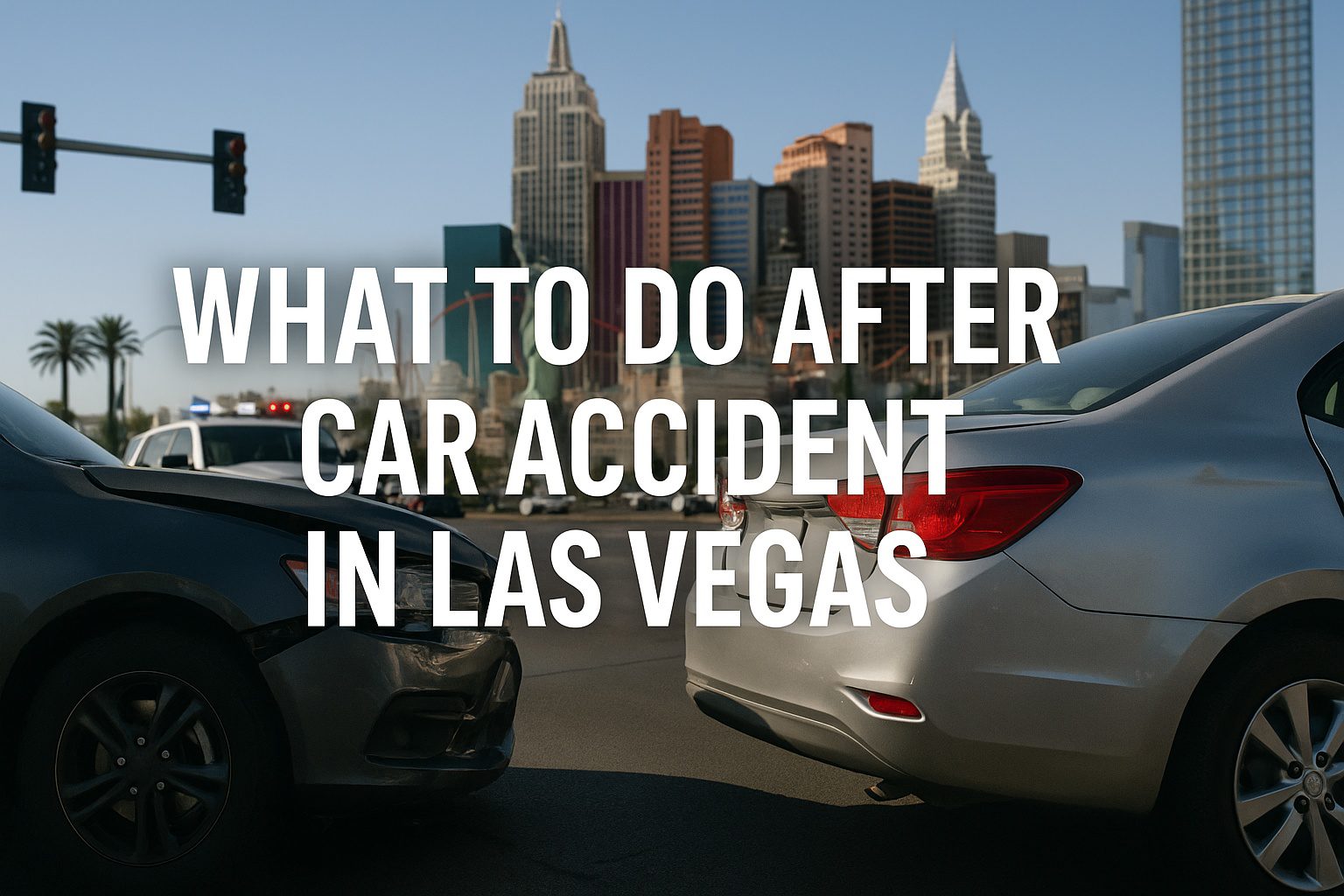

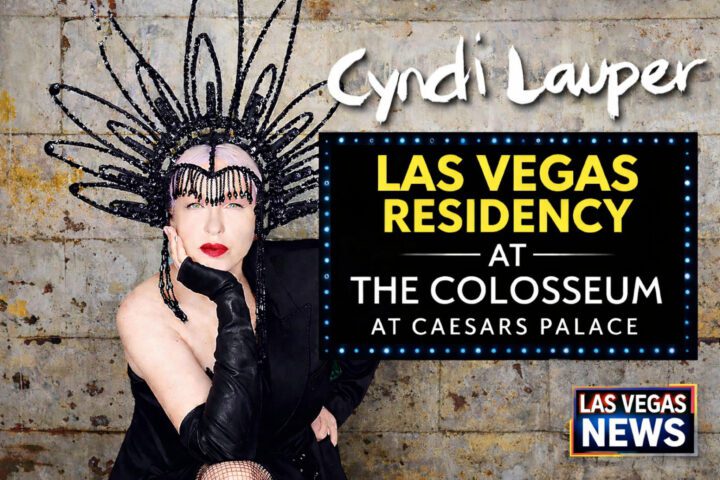
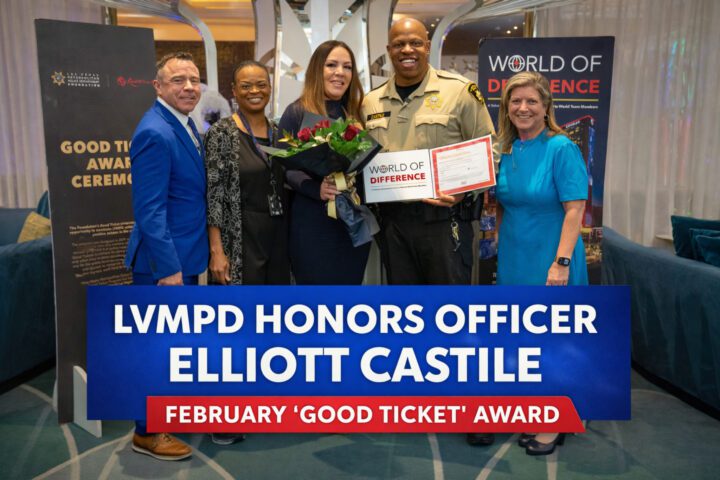
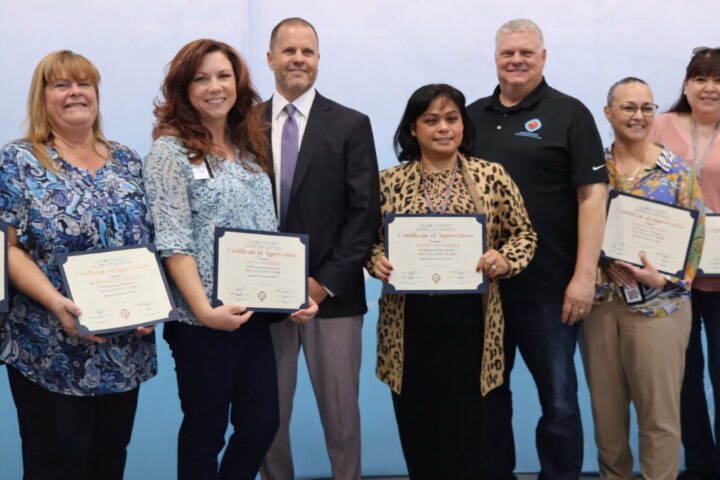
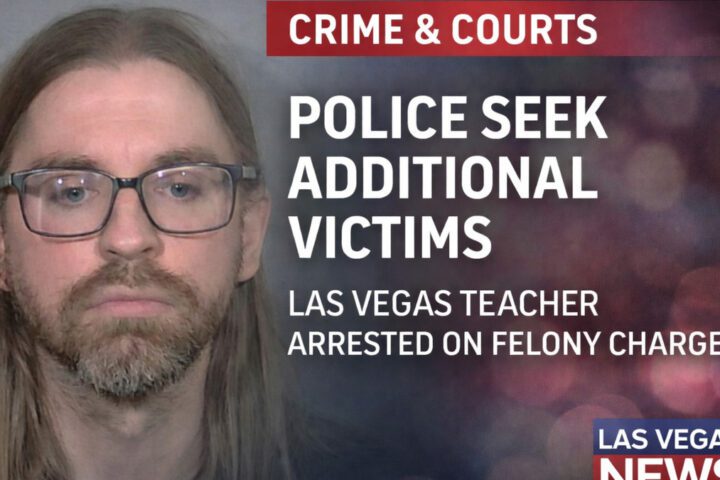
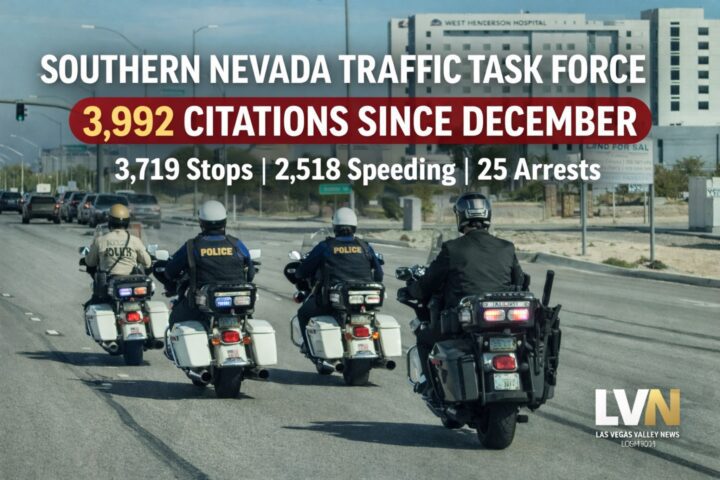

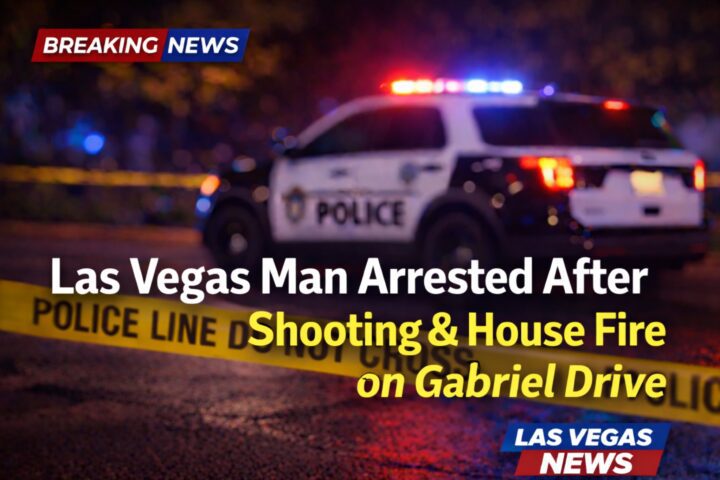
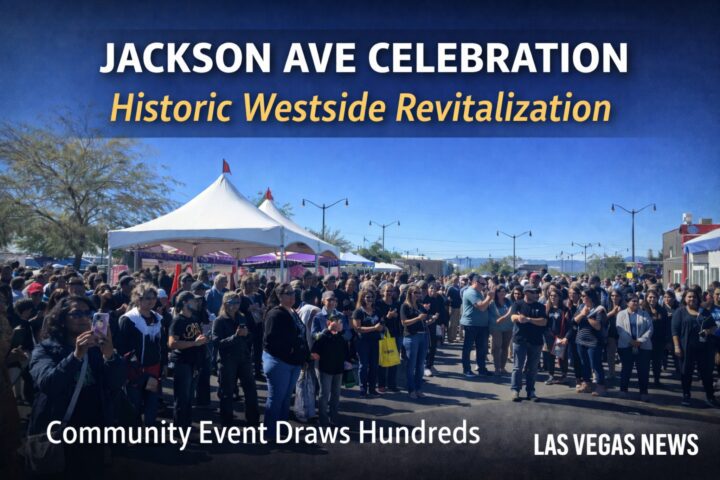
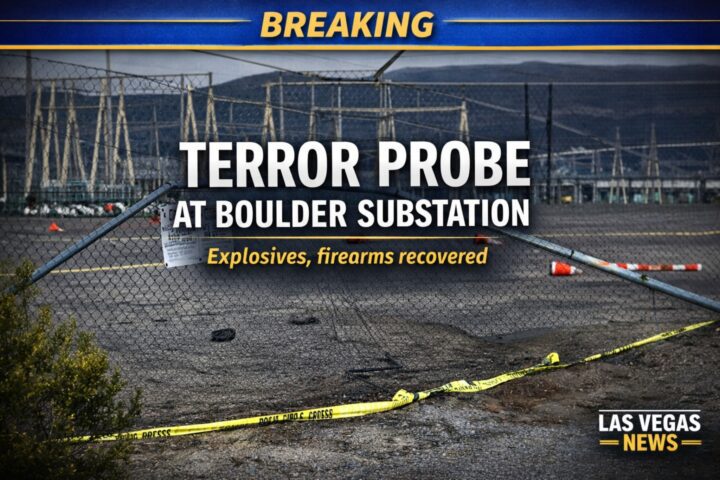
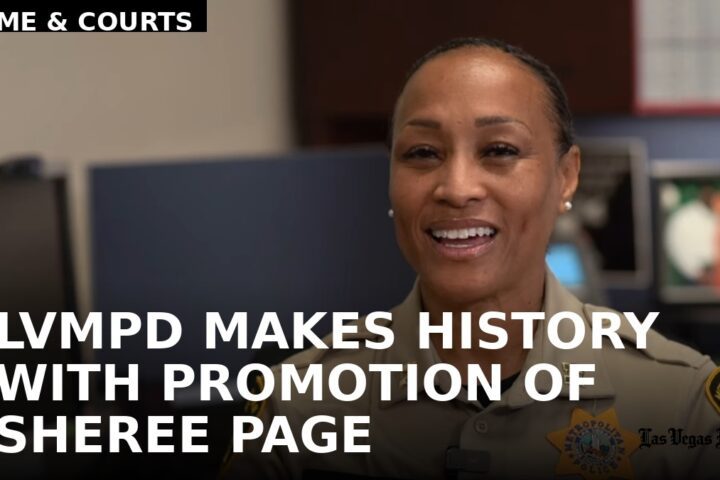
Leave a Reply